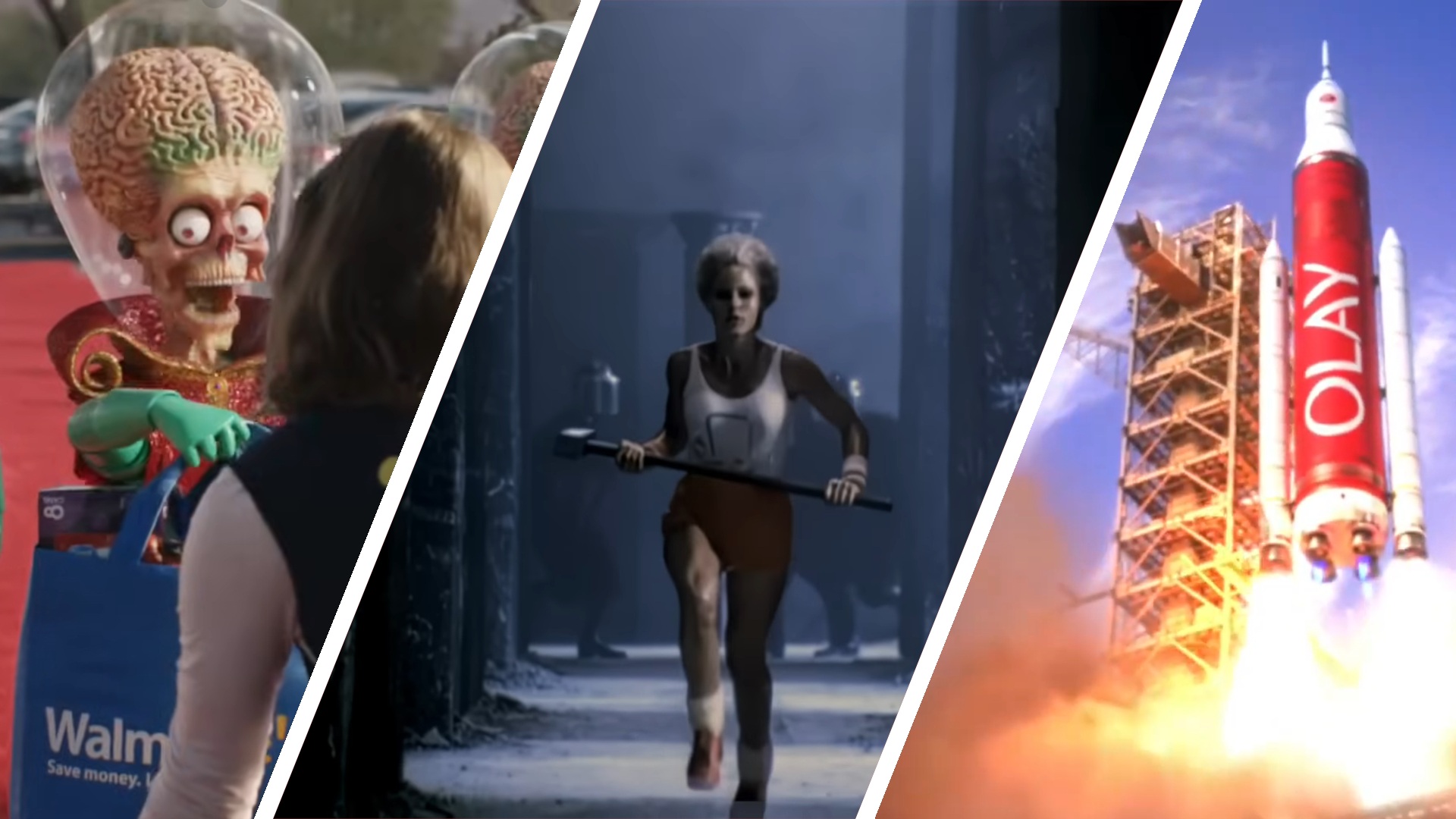Bigger, Better Space Telescopes Following In Hubble's Footsteps

Breaking space news, the latest updates on rocket launches, skywatching events and more!
You are now subscribed
Your newsletter sign-up was successful
Want to add more newsletters?

Delivered daily
Daily Newsletter
Breaking space news, the latest updates on rocket launches, skywatching events and more!

Once a month
Watch This Space
Sign up to our monthly entertainment newsletter to keep up with all our coverage of the latest sci-fi and space movies, tv shows, games and books.

Once a week
Night Sky This Week
Discover this week's must-see night sky events, moon phases, and stunning astrophotos. Sign up for our skywatching newsletter and explore the universe with us!

Twice a month
Strange New Words
Space.com's Sci-Fi Reader's Club. Read a sci-fi short story every month and join a virtual community of fellow science fiction fans!
Hubble Space Telescope huggers are celebrating the iconic observatory's 20th birthday, even as scientists anticipate the next generation of bigger and more powerful successors to the famed orbital instrument.
The Hubble Space Telescope launched on April 24, 1990 with a flawed mirror, but survived for two decades in large part because of five repair missions by space shuttle astronauts. Its cosmic gaze has led to breakthrough discoveries about the universe and embedded stunning views of the cosmos in the hearts and minds of the public.
"Hubble has done all those things and become an icon of science because it can produce glorious images," said Rick Fienberg, an astronomer and press officer of the American Astronomical Society.
But there's bigger and better science yet to come.
NASA's James Webb Space Telescope is scheduled to come online in a few years. And a slew of new space observatories are also being considered, even if none have received the official go-ahead yet.
Together, the collective vision of such <a href-"http:="" www.space.com="" php="" multimedia="" imagedisplay="" img_display.php?pic="space-telescopes-100422-02.jpg&cap=Planned+future+space+telescopes+drawn+to+scale+with+the+Hubble+Space+Telescope.+
Breaking space news, the latest updates on rocket launches, skywatching events and more!
Jeremy Hsu is science writer based in New York City whose work has appeared in Scientific American, Discovery Magazine, Backchannel, Wired.com and IEEE Spectrum, among others. He joined the Space.com and Live Science teams in 2010 as a Senior Writer and is currently the Editor-in-Chief of Indicate Media. Jeremy studied history and sociology of science at the University of Pennsylvania, and earned a master's degree in journalism from the NYU Science, Health and Environmental Reporting Program. You can find Jeremy's latest project on Twitter.
